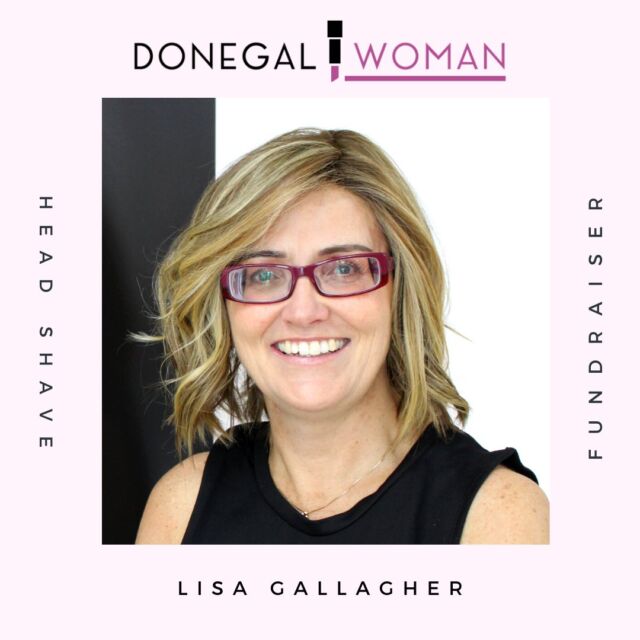Counsellor Sarah Barr shares a guide to the types, causes and treatments for OCD.
What is OCD?

Obsessive Compulsive Disorder is a mental illness that creates negative thoughts. These thoughts lead you to believe that if you do not carry out a certain action or urge in a repetitive ritual, something bad will happen.
OCD can interfere with your everyday life. It is time-consuming and distressing.
It creates unwanted, negative and persistent thoughts, images or/and urges leading to high levels of anxiety. These obsessive thoughts create compulsions which are mental behaviours. These are performed to relieve the anxiety created by the obsessive thought.
There are different types of obsessions and compulsions, these include:
Checking

The amount of checking that is needed to ‘calm’ the fear of something bad happening can range from repeating it a few times to hundreds of times.
This includes checking:
- Lights/plugs.
- Car and doors.
- Appliances.
- Wallet, purse or handbag.
- Re-reading emails and messages.
Hoarding

Hoarding is the compulsion to collect or gather items. It is considered to be a compulsive disorder symptom when the hoarding of items affects your daily living, such as cluttering your bedroom to the point you have no-where to sleep.
Contamination

This is the fear that something needs to be washed so you will not risk being contaminated by germs and getting sick.
This fear can be triggered by:
- Being in a crowd.
- Using toilets.
- Shaking hands.
- Touching door handles.
Causes of OCD

The overall cause of this anxiety disorder is unknown, but there are different factors that might increase the chances of obsessive compulsive disorder developing.
Stress: Stressful situations can trigger OCD.
Life changing events: Having a baby or losing a loved one are life-changing events.
Biological changes: Small changes to the balance of neurotransmitters in the brain such as serotonin might play a role in triggering OCD.
How Counselling can help manage OCD

Cognitive Behavior Therapy (CBT) is an effective technique in managing OCD.
The client is exposed over a period of time to a situation that triggers their obsessive thoughts. Gradually they learn to tolerate the anxiety and resist the urge to perform the compulsion.
There is help and support available to help manage OCD. If you are struggling you do not have to hide it or face it alone. Contact your doctor, local counsellor or reach out to a trusted friend. Often the first step is the hardest, but it is worthwhile.
Take Care~ Sarah.






























